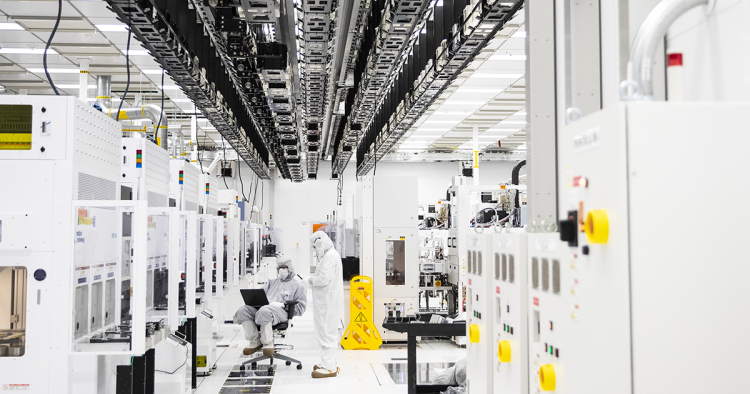Washington and Beijing look at emerging technologies as a gateway to the new global order. Beijing wants to become an artificial intelligence (AI) and innovation superpower, while Washington pursues a strategy of “tech containment” against Beijing. However, both the United States and China are inching slowly towards tech decoupling, with far-reaching consequences for the world order. In October 2022, the Biden administration imposed export controls on sales of AI chip designs, electronic design automation software, semiconductor manufacturing equipment, and equipment components and banned U.S. personnel (citizens and green card holders) from working on Chinese chips. The decision was seen as part of a larger tech containment strategy by the administration to limit Chinese technological and innovation progress. Simultaneously, Washington, in a rare display of bipartisanship, is actively pursuing a proactive industrial policy to rebuild U.S. capabilities in the semiconductor industry by investing in domestic manufacturing through the passage of the CHIPS and Science Act and the Inflation Reduction Act. In short, semiconductors — not aluminum and steel — are at the heart of the new Cold War between Washington and Beijing.
Chris Miller’s Chip War: The Fight for the World’s Most Critical Technology (2022) walks us through the history of the semiconductor industry. His book could not be more timely in light of the Biden administration’s decision to work with allies such as Japan and the Netherlands to limit China’s access to advanced chips with the strategic objective of slowing down Beijing’s technological innovation. Miller’s book lays out the historical and intellectual foundation for the semiconductor industry in a way that is relatable for politicians, policymakers, and foreign policy professionals with regional backgrounds, as well as members of the general public that want to understand the dynamics surrounding the semiconductor industry. Understanding this critical industry is not a luxury in an era of increased disruption to the technology supply chain from Europe to Asia. Chris spends a great deal of time giving context to his audience on the centrality of semiconductors to the U.S.-led order in Asia as well as the global economy. He explains the level of concentration of semiconductors in a few countries, creating major tech chokepoints that the United States is leveraging in this new Cold War with China. For example, the Netherlands’ ASML builds 100% of the world’s extreme ultraviolet lithography machines, two Korean companies produce 44% of the world’s memory chips, and Taiwan accounts for 37% of new computing power each year.
Miller’s book is an excellent resource for those looking for a history of the development of the semiconductor industry, the civil-military fusion associated with the industry, and the rationale behind its complicated supply chain. Chip War should be seen as one of a new wave of books that try to examine the conventional assumptions surrounding U.S. geographic and thematic leadership, alongside Elbridge Colby’s Strategy of Denial and Jacob Heldberg’s Wires of War.
Mohammed Soliman is the director of MEI's Strategic Technologies and Cyber Security Program, and a Manager at McLarty Associates’ MENA Practice. His work focuses on the intersection of technology, geopolitics, and business in emerging markets.
MEI will be hosting a book talk with Chris Miller on Chip War on April 12 from 10:30am-12:00pm EDT. For more details and to register, please see the event page.
Photo by Adam Glanzman/Bloomberg
The Middle East Institute (MEI) is an independent, non-partisan, non-for-profit, educational organization. It does not engage in advocacy and its scholars’ opinions are their own. MEI welcomes financial donations, but retains sole editorial control over its work and its publications reflect only the authors’ views. For a listing of MEI donors, please click here.













